I'm using adal js to auth with Azure AD. I have webApp and webApi. Pretty much my apps follow this sample https://github.com/AzureADSamples/SinglePageApp-WebAPI-AngularJS-DotNet .
I was able to login to my webApp and adal.js successfully acquired a token for my webApi and injected it into a request. All was working until recently. Then token acquisition for webApi stopped working with error:
"response_type 'token' is not supported for the application"
renewToken is failed:AADSTS70005: response_type 'token' is not supported for the application Trace ID: 104c18e3-eb6e-42a4-a292-c6f170f27f65 Correlation ID: c2e65622-0c58-473a-8184-b3056fb1af58 Timestamp: 2015-03-27 22:53:12Z
I can clearly see that adal.js is building a request and puts "response_type=token" into a query string. So, my assumption is that something changed on Azure AD side.
I found one article that correlates response_type=token to implicit grant flow. I confirmed that my webApp has "oauth2AllowImplicitFlow" enabled. I have contacted MS support and waiting for resolution. Meanwhile, I wanted to share this with community and see whether someone has any information regarding the issue.
Thanks
